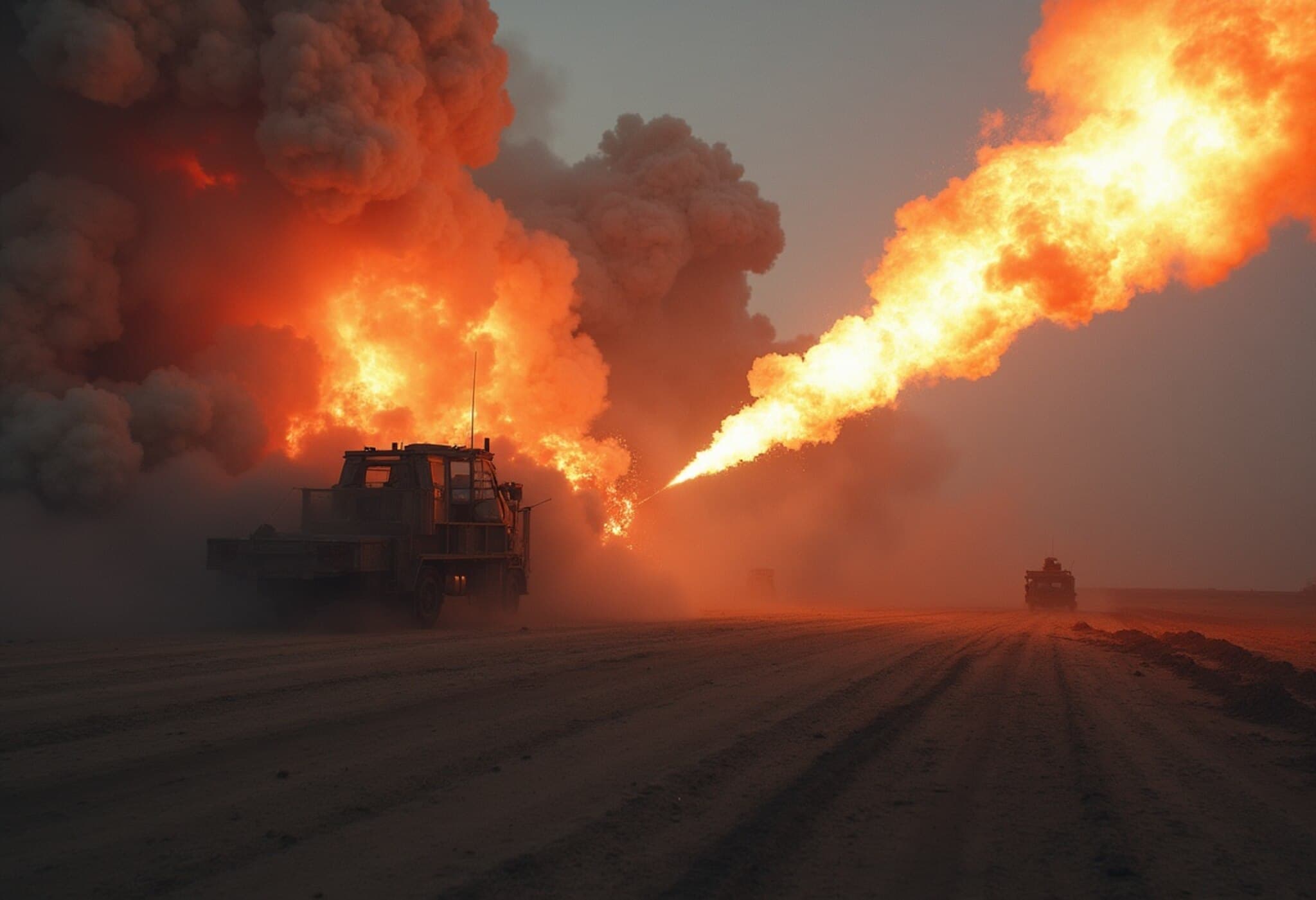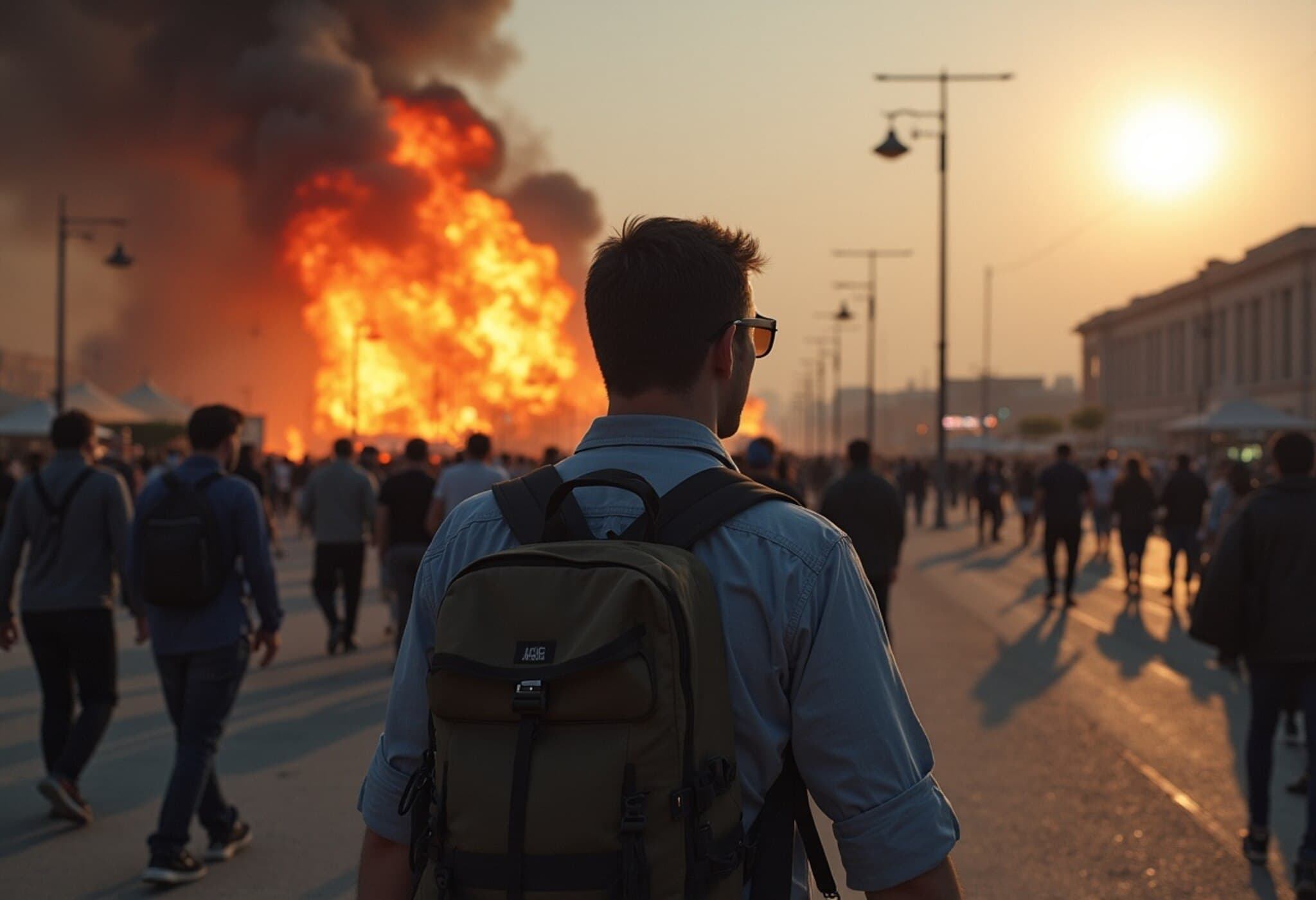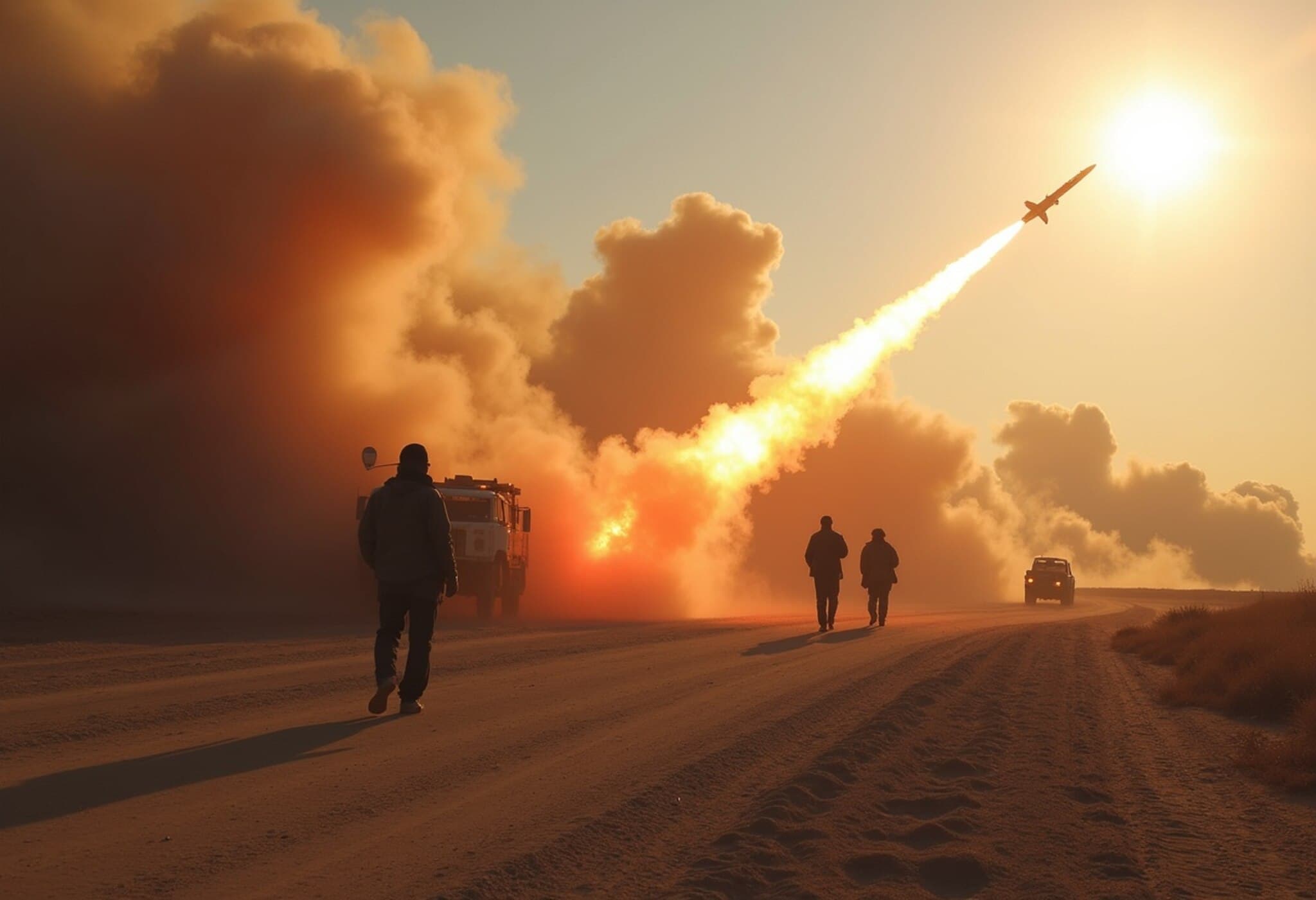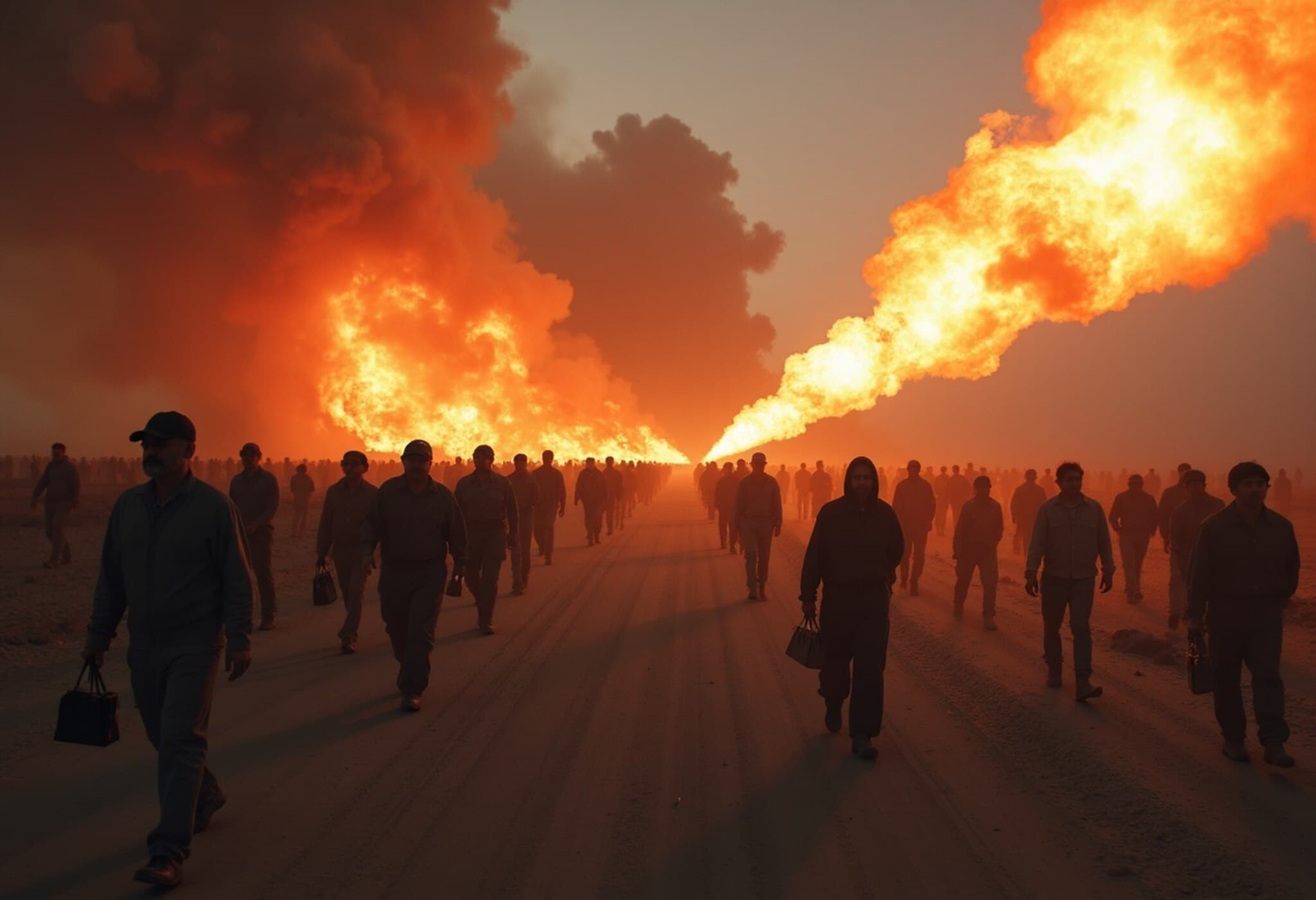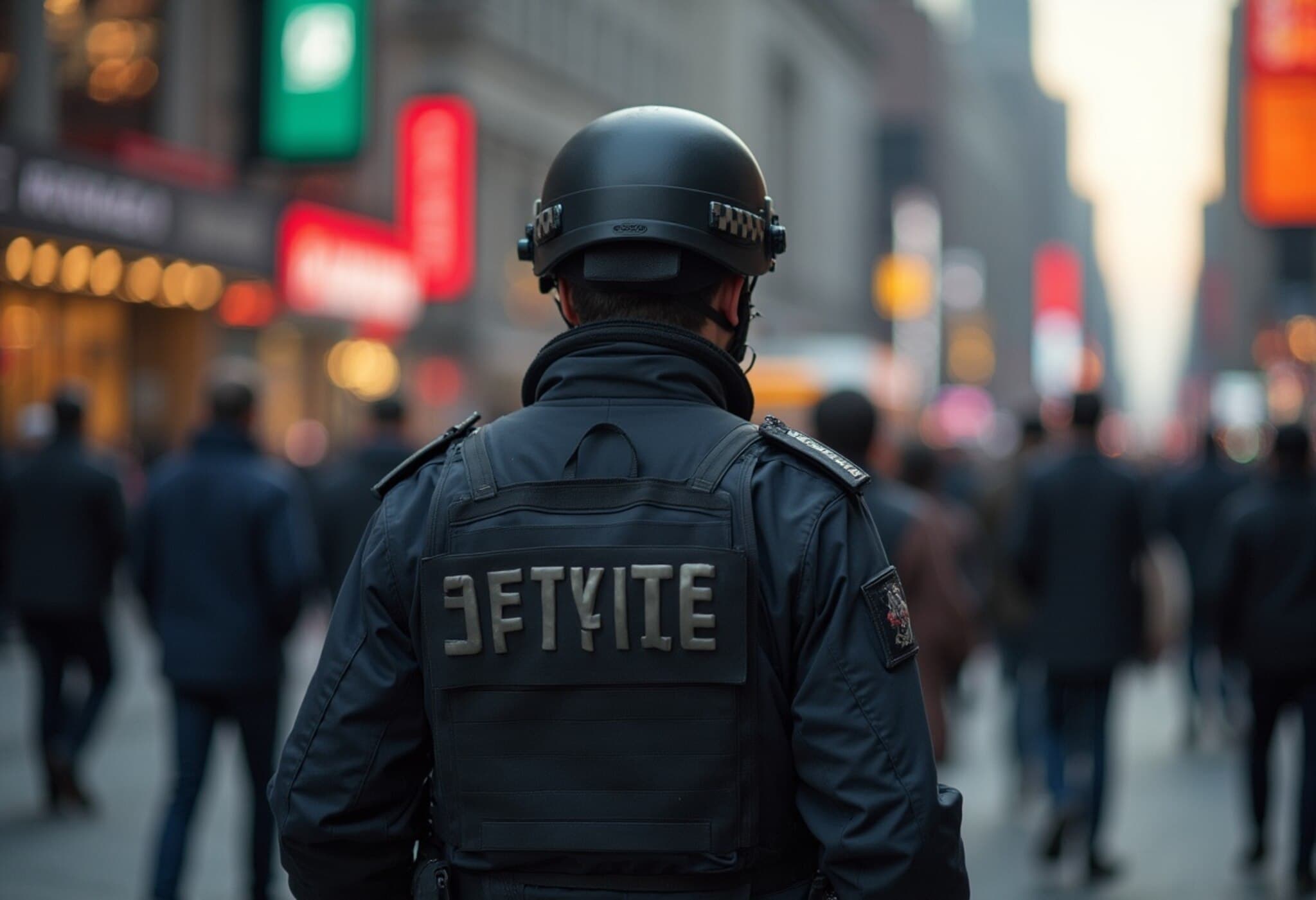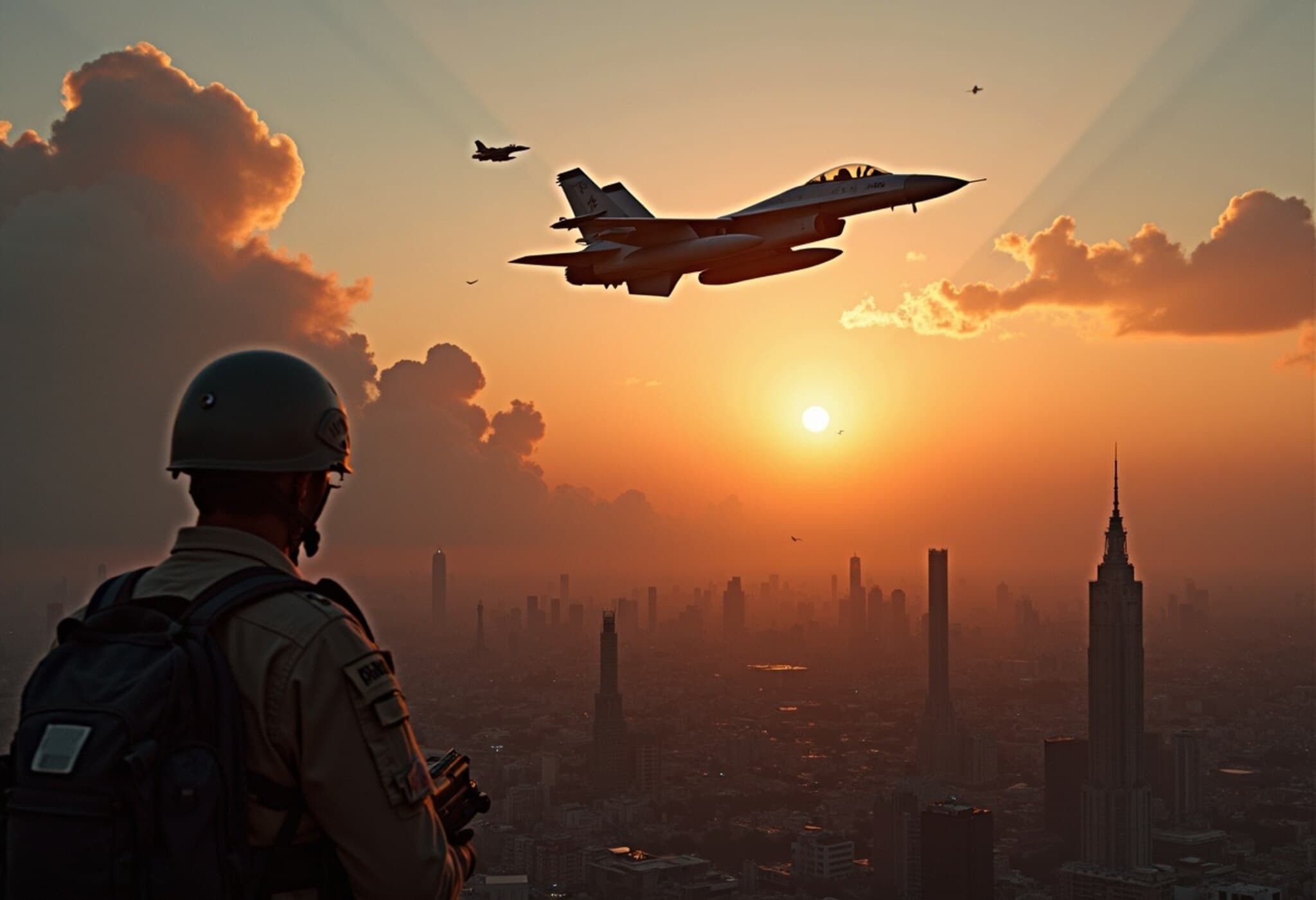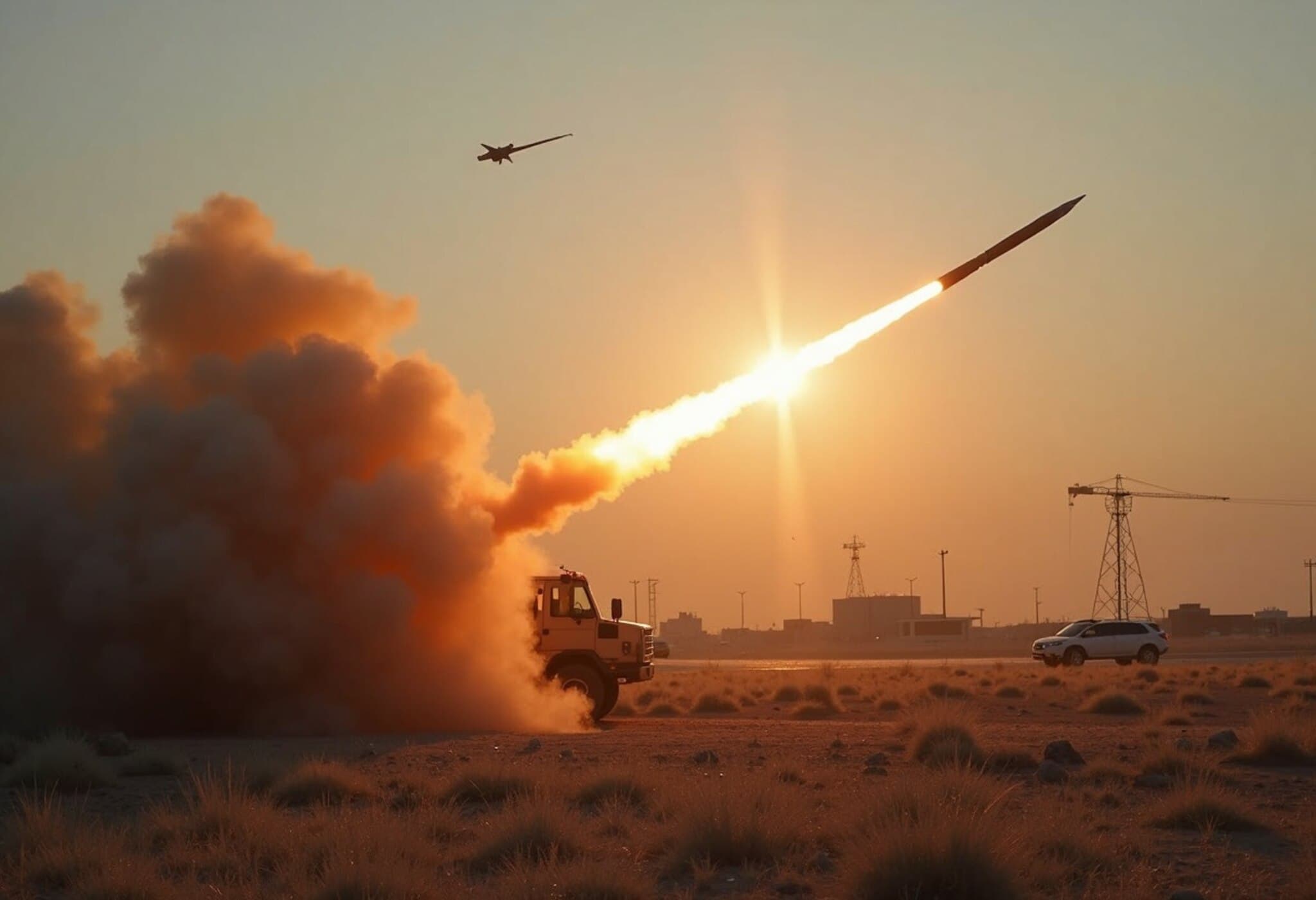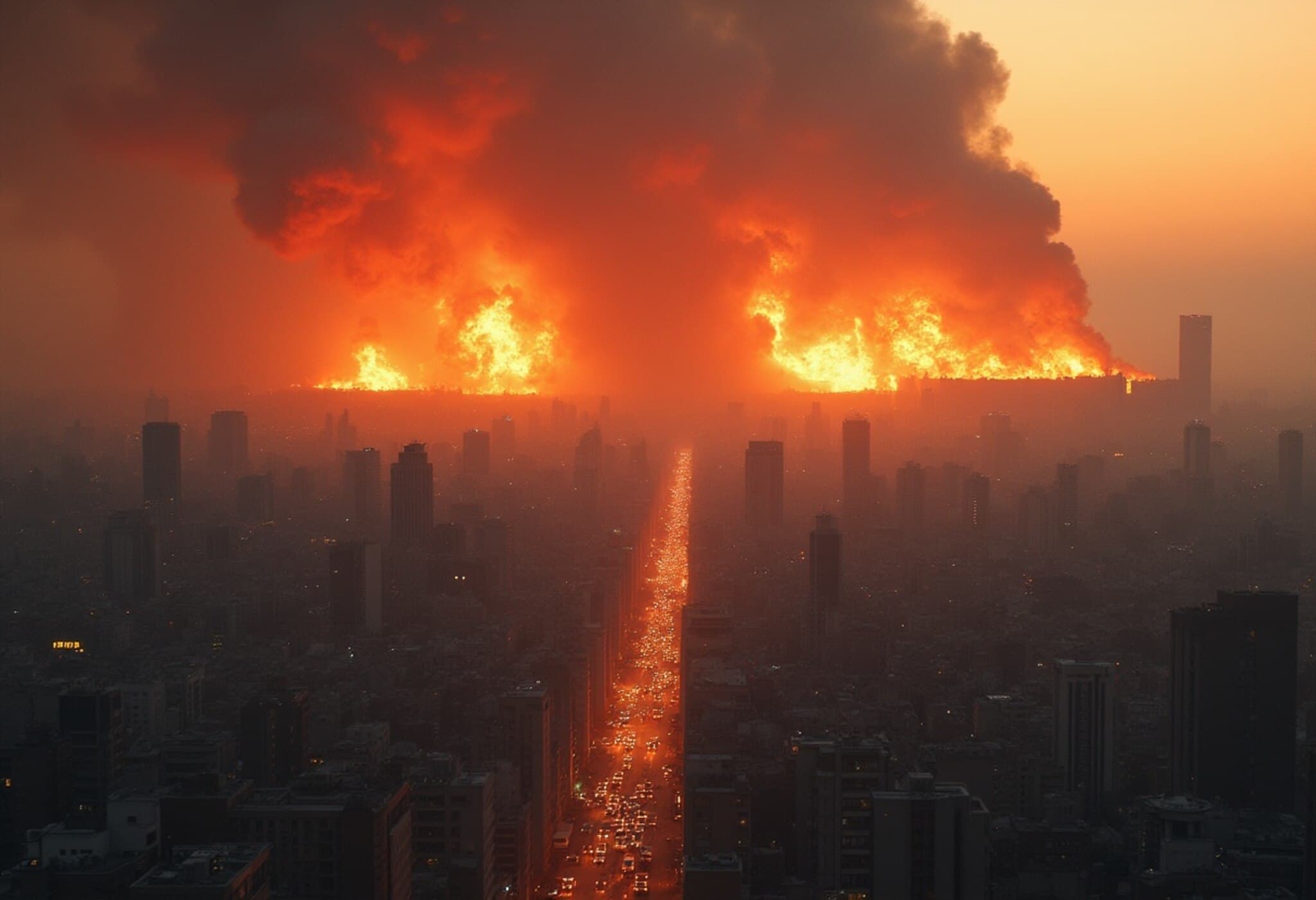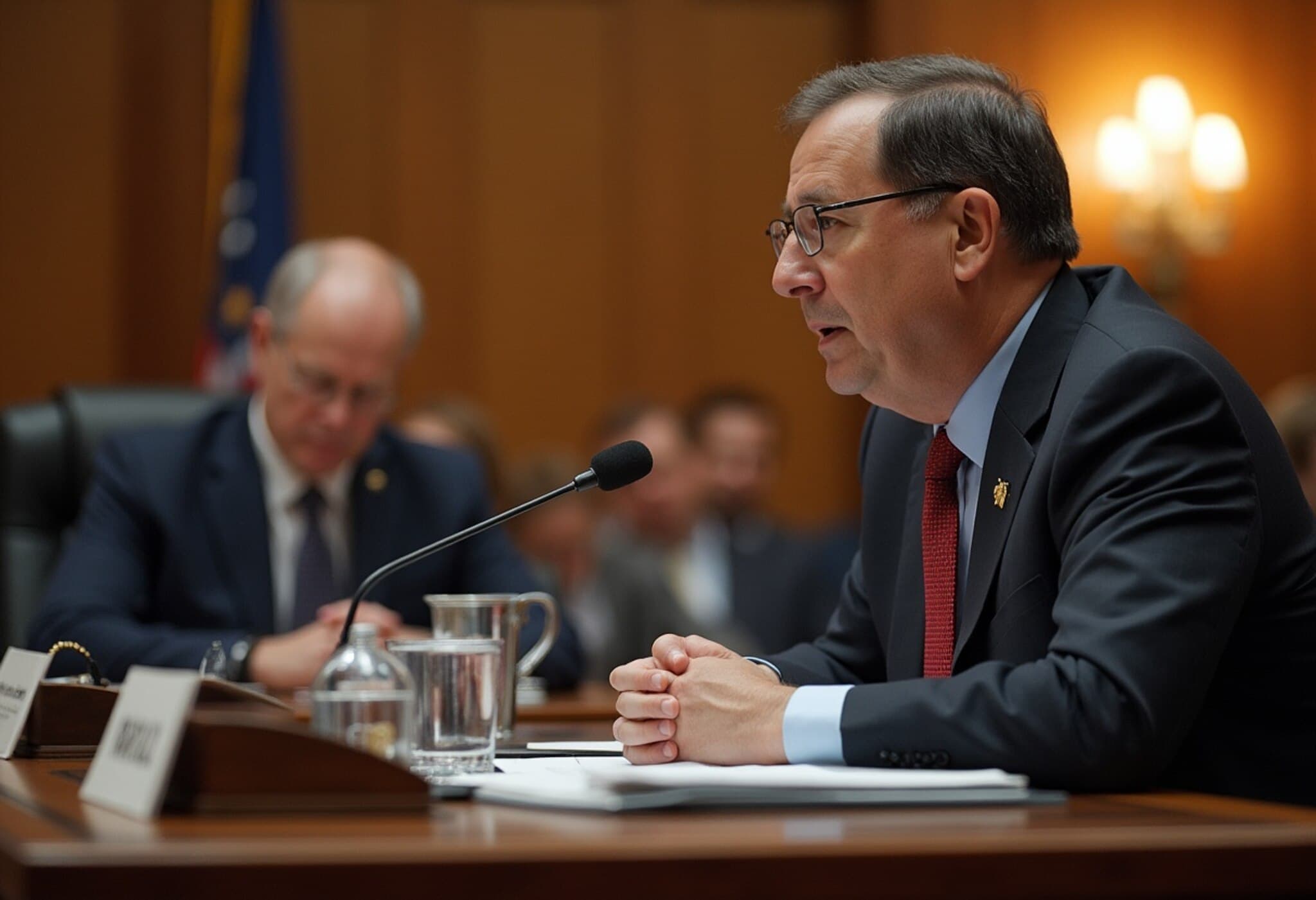Global Security Alert Triggered by US Strikes on Iran's Nuclear Sites
In the aftermath of US military strikes targeting Iran's nuclear facilities, the United States has raised a worldwide security alert for its citizens. The State Department cited possible retaliatory attacks, prompting the evacuation of non-essential American diplomatic staff from Lebanon and issuing cautionary advisories for travelers in Türkiye and Saudi Arabia.
Iran Vows 'Proportionate Response' Amid Escalating Regional Conflict
The missile strikes, which the US administration claims have "completely and fully obliterated" Iran's nuclear infrastructure, have ignited sharp warnings from Tehran. Iran has promised a measured retaliation, choosing the timing and location of their response. Concurrent Israeli air raids on Iranian territory and missile launches by Iran's Revolutionary Guard have intensified concerns of a prolonged conflict across the region.
Adding to the escalation, Iran's leadership has emphasized that any US military bases or allied states used as launch points against Iran could become targets themselves. Ali Akbar Velayati, a senior advisor to Iran’s Supreme Leader Ayatollah Ali Khamenei, stated that any nation facilitating US strikes would be considered a legitimate military target.
US State Department Advises Heightened Vigilance Worldwide
The State Department's global caution alerts Americans to increased risks amid disruptions such as travel difficulties and intermittent airspace closures in the Middle East. The advisory further highlights the potential for hostile demonstrations directed at US citizens, urging travelers to continually consult current travel information and security updates.
US citizens are encouraged to visit the Department of State’s official website for the latest guidance.
Türkiye: Steer Clear of Southeast Provinces and Maintain Vigilance
In Türkiye, the US Embassy has warned personnel to avoid the southeastern consular district of Adana, which covers 22 provinces. This caution stems from rising anti-American sentiments which could translate into protests, graffiti, boycotts, and hostile rhetoric against Western interests.
Americans in Türkiye are advised to avoid protest zones, stay tuned to local media developments, and exercise increased caution around locations associated publicly with the US, Israel, or frequently visited by Western nationals.
Lebanon: Evacuation of Non-Essential Embassy Staff Amid Unstable Conditions
Beirut faces a particularly volatile and unpredictable security environment. The US State Department has ordered the withdrawal of non-essential government employees and their families. While Rafic Hariri International Airport remains operational, some airlines have suspended flights, prompting a push for US citizens to leave Lebanon while commercial travel is still feasible. Ongoing vigilance is strongly recommended due to the rapidly evolving regional situation.
Saudi Arabia: Restrict Travel Near Military Installations
The US Mission in Saudi Arabia has urged Americans to limit non-essential travel to military sites amid growing tensions following Israel's military campaigns and subsequent US strikes. Travelers are urged to prepare personal emergency plans and review their travel arrangements carefully. The embassy assures that consular services are still operating at current levels despite the regional unrest.
Regional Fallout: Airstrikes and Missile Launches Continue
Washington’s increased involvement alongside Israel has heightened instability throughout the Middle East. Israeli forces have persisted with aerial bombardments on Iranian missile sites and infrastructure across Tehran, Hamedan, and Kermanshah. Iran has retaliated by launching long-range missiles toward Israel, signaling a readiness for further escalation.
Tehran’s officials accuse the US of undermining diplomatic solutions and stress that despite damage inflicted on their nuclear facilities, Iran’s nuclear ambitions remain intact. Ali Shamkhani, another advisor to Iran’s Supreme Leader, stressed that "even if nuclear sites are destroyed, the game isn’t over." This ongoing cycle of action and response continues to raise alarms about the potential for broader conflict in the region.

